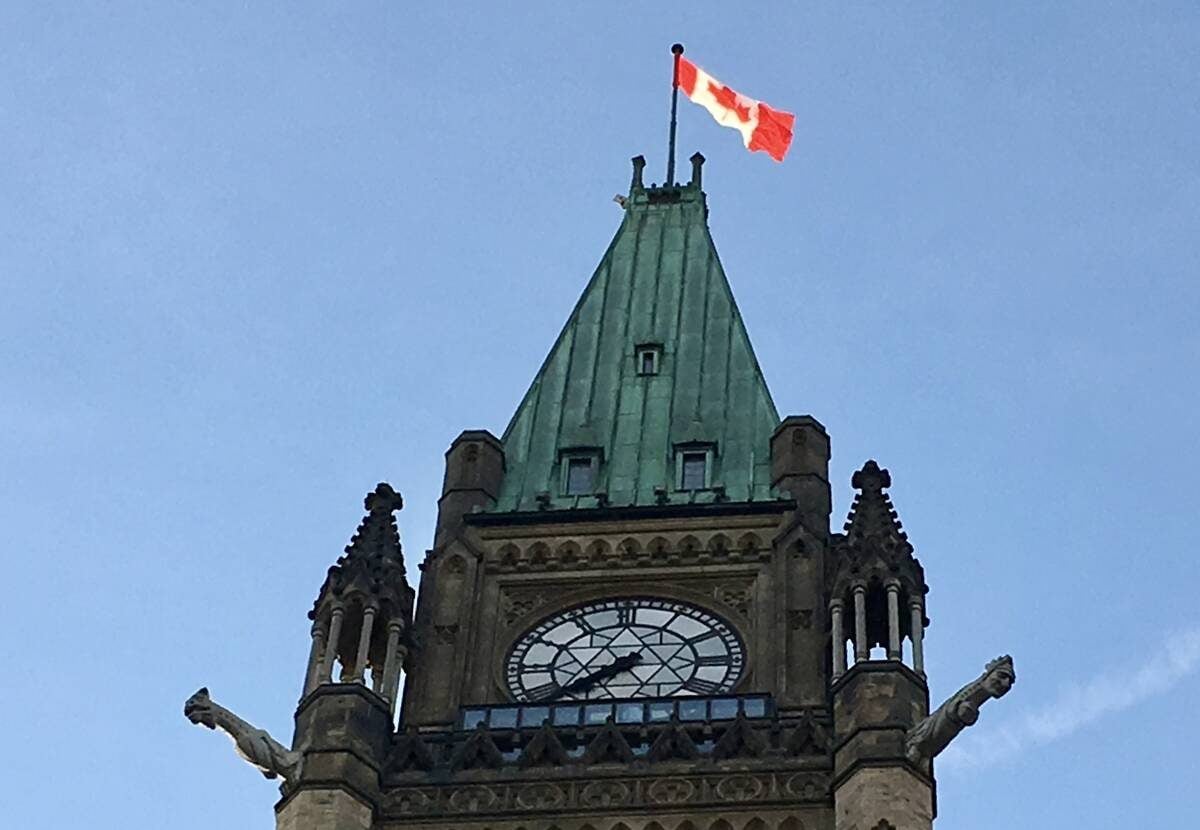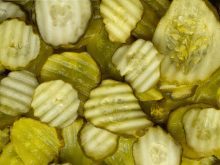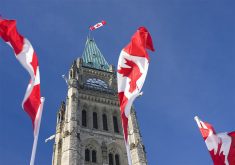Should Canada stop trading away its supply-management production during international trade discussions?
Depending on where you farm and what you farm, the quick answers to this might seem simple. But, what are the right ones?
There is a private member’s bill in the House of Commons related to this right now. The bill would prevent the minister of foreign affairs from further trading away protected production levels through increased imports of poultry or dairy. This happened during past trade deals, including the Trans-Pacific Partnership, the Comprehensive Economic and Trade Agreement with the European Union, and the United States-Mexico-Canada Agreement. Supply-managed farms are being compensated for reductions in the value of quota and lost sales derived from conditions in these trade agreements.
Read Also

House ag committee to undertake several studies
The House of Commons standing agriculture committee has set its agenda for the coming months. Members began the fall sitting with a two-hour update on international trade
Bill C-282 would also tie government’s hands in dealing with American challenges to Canadian dairy, now underway. The bill goes to the standing committee on agriculture for further consideration and, likely, input from outside the House, before returning for a final vote and passage to the Senate.
Being a private member’s initiative, it might not have made it far in Parliament, except it has found strong support from rural Ontario and Quebec MPs, including Conservative leader Pierre Poilievre, who originally opposed it in an earlier, failed bill.
This time out, one Liberal MP has opposed the measure, along with several Conservatives.
Luc Thériault introduced the bill. He represents the constituents of Montcalm, north of Montreal, a farming region dotted with dairy barns, corn, forage and soybean fields, where he says 70 percent of employment is in agriculture and food.
Yves Perron, the Bloc Quebecois agriculture critic with more than 20 family farms in his riding with ties to supply management, strongly supports the bill; and federal Agriculture Minister Marie-Claude Bibeau has also committed to it.
There is little doubt that Canadian dairy or poultry production at any substantial level would survive against open American competition. The U.S. financial supports for farmers dwarf anything Canada can do, and U.S. access to nearly unregulated non-immigrant foreign labour and subsidized feed production would push Canadian farms out of the industry.
Current American shortages of eggs and poultry and the difficulties of overproduction-underproduction cycles of dairy, with many smaller producers being forced out of the business while consumers pay highly variable prices, offer just a few examples that should convince Canadians that the supply-management system works.
Supply management in this nation needs to remain in place for all agricultural producers. Grain, oilseed and forage growers rely on them for sales of their products, including the value of things like canola and soybean meal. Rural communities outside of the Prairies depend on supply-managed industries for the employment of thousands of workers.
However, the need to create additional protective legislation that would tie future trade negotiators’ hands is likely a step too far and could damage Canada’s reputation as a fair broker and free-trading nation. The interests of beef, hog and crop producers, who depend on exports, could be compromised and even used as leverage in future trade deals.
Bill C-282, despite its good intentions, might further pit farmers against farmers in Canada. It must be set aside.
Karen Briere, Bruce Dyck, Barb Glen and Mike Raine collaborate in the writing of Western Producer editorials.

















